Rajya Sabha to take up GST Bill today
Wed 03 Aug 2016, 10:05:44
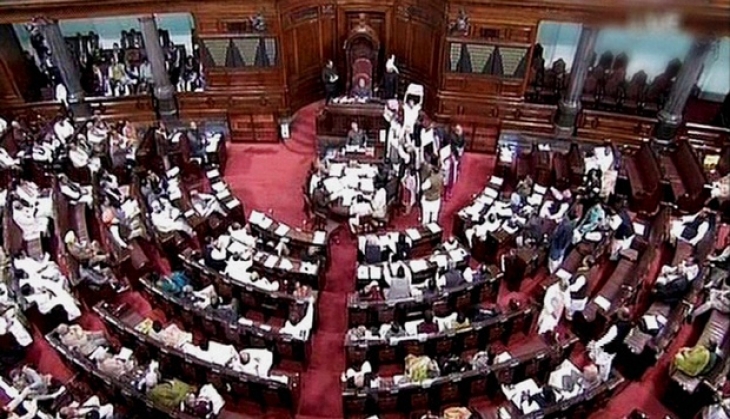
The Goods and Services Tax, GST Bill has been listed for consideration and passage in the Rajya Sabha today. The Government has expressed confidence that the 122nd Constitution Amendment Bill, 2014, will be passed soon.
The government circulated official amendments in the GST Bill yesterday which are expected to ensure that the constitutional amendment goes through without any hitches in the Upper House. Talking to media after BJP Parliamentary party meeting in New Delhi yesterday, Parliamentary Affairs Minister Ananth Kumar said, every party has been consulted to ensure the passage of the bill.
The BJP led NDA government has not left any stone unturned during last one year to ensure that the much awaited constitution amendment bill paving the way for the GST sees light of the day.
Meanwhile, Congress Vice-President Rahul Gandhi held consultations with senior party leaders including Mallikarjun Kharge, P Chidambaram and Anand Sharma in Parliament House and discussed various points regarding the key tax reform legislation.
The Constitution Amendment Bill is aimed at bringing uniform tax regime in the country by subsuming state levies. A single rate of
GST will replace Central Excise, State VAT, entertainment, entry and luxury taxes to ensure seamless transfer of goods and services.
GST will replace Central Excise, State VAT, entertainment, entry and luxury taxes to ensure seamless transfer of goods and services.
The government is likely to move some amendments to the GST bill. These include scrapping of the proposed tax of one per cent on inter-State transactions and compensation to the States for any revenue loss in first five years of GST rollout. The new tax will reduce cost of production and make the Indian trade and industry more competitive domestically as well as internationally.
The legislation was approved by the Lok Sabha in May 2015 and tabled in the Rajya Sabha in August last year where it has been stuck due to opposition from the Congress over certain provisions.
Government wants to pass the Bill in Parliament through consensus and is seeking support from all the political parties. BJP and Congrees have issued a whip to all its members in the Rajya Sabha asking them to be present in the House for the next three days.
After the Bill is approved by the Rajya sabha, it will have to be passed again by the Lok Sabha and then ratified by at least 50 per cent of the states Legislative Assemblies, to become a law.
No Comments For This Post, Be first to write a Comment.
Most viewed from Specials
Most viewed from World
AIMIM News
Latest Urdu News
Most Viewed
May 26, 2020
Do you think Canada-India relations will improve under New PM Mark Carney?
Latest Videos View All
Like Us
Home
About Us
Advertise With Us
All Polls
Epaper Archives
Privacy Policy
Contact Us
Download Etemaad App
© 2025 Etemaad Daily News, All Rights Reserved.












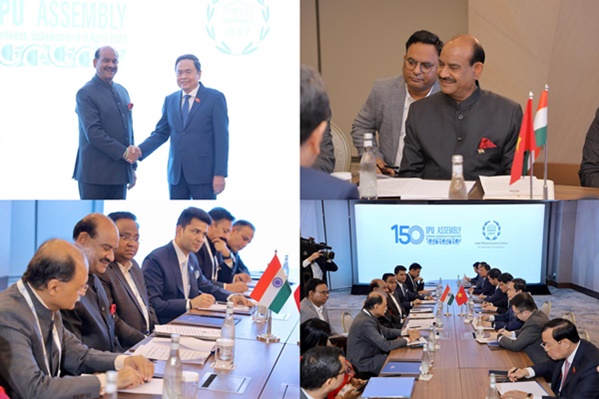

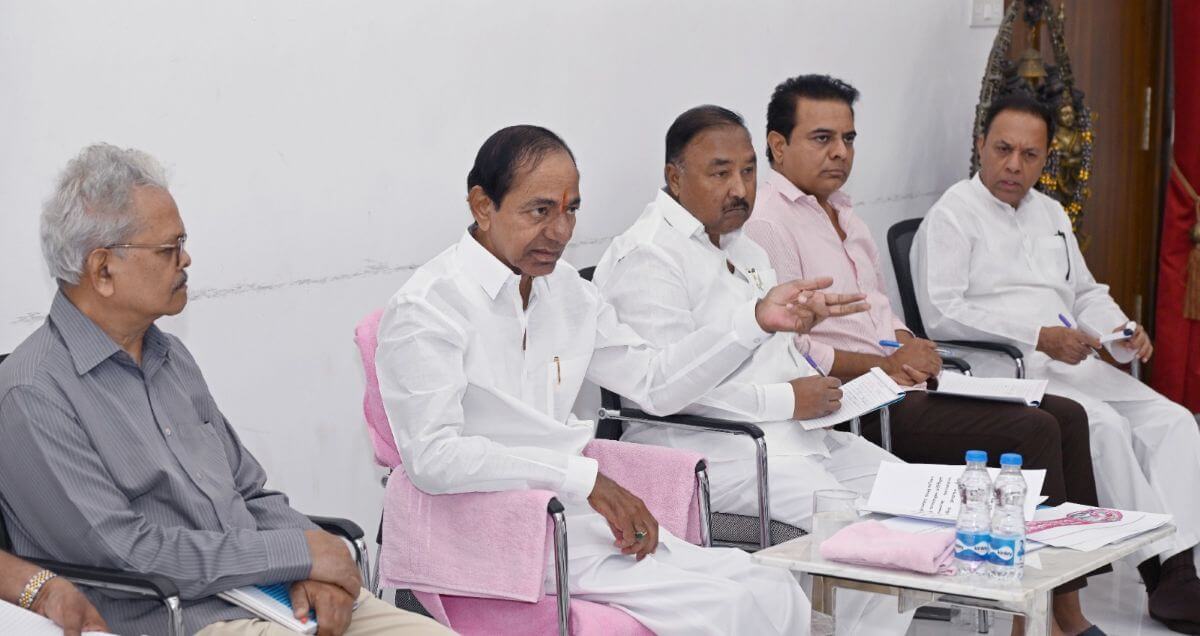
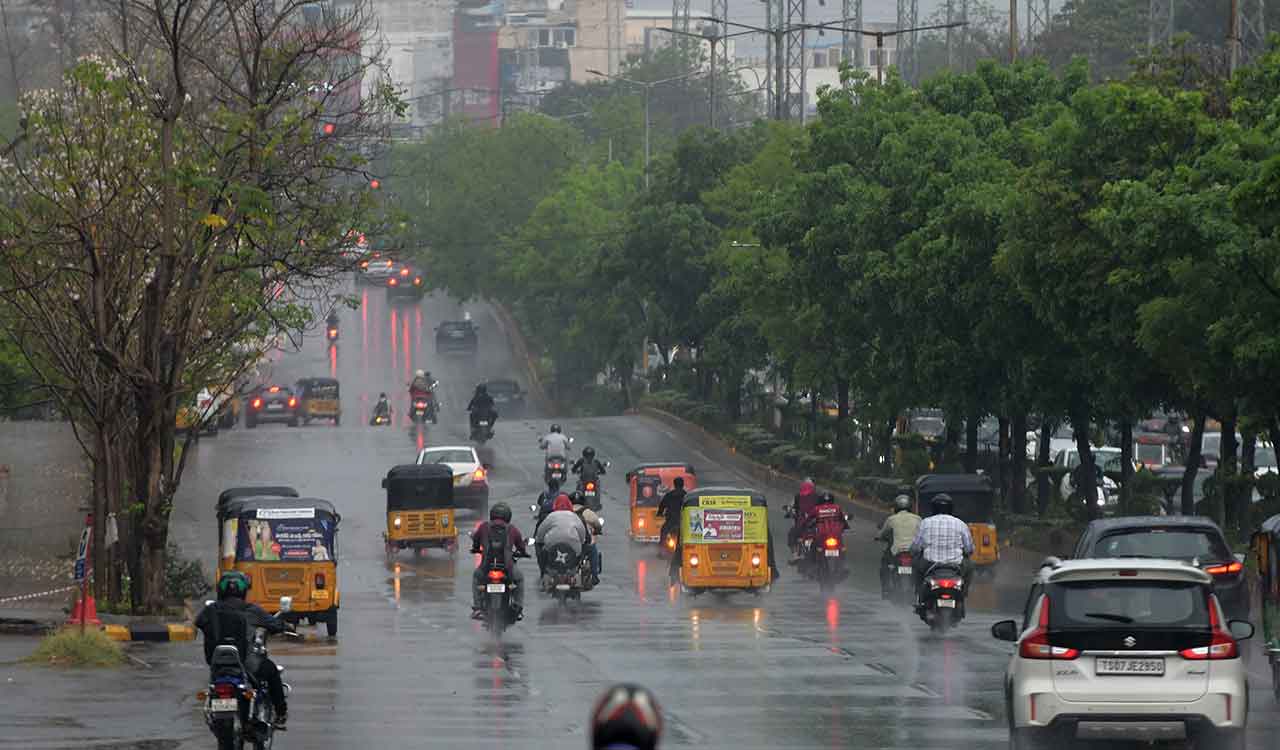
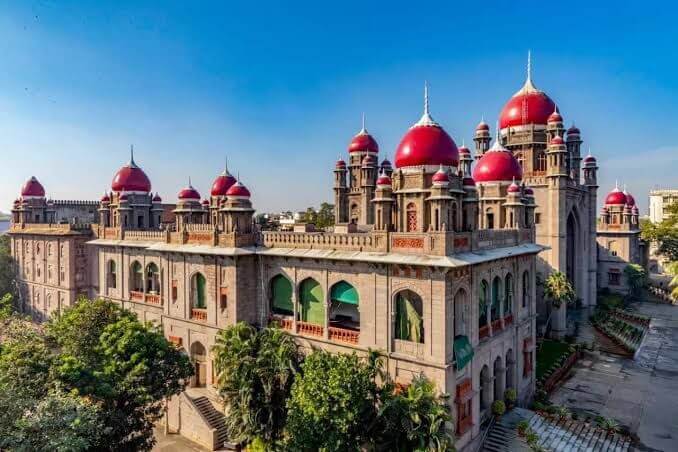
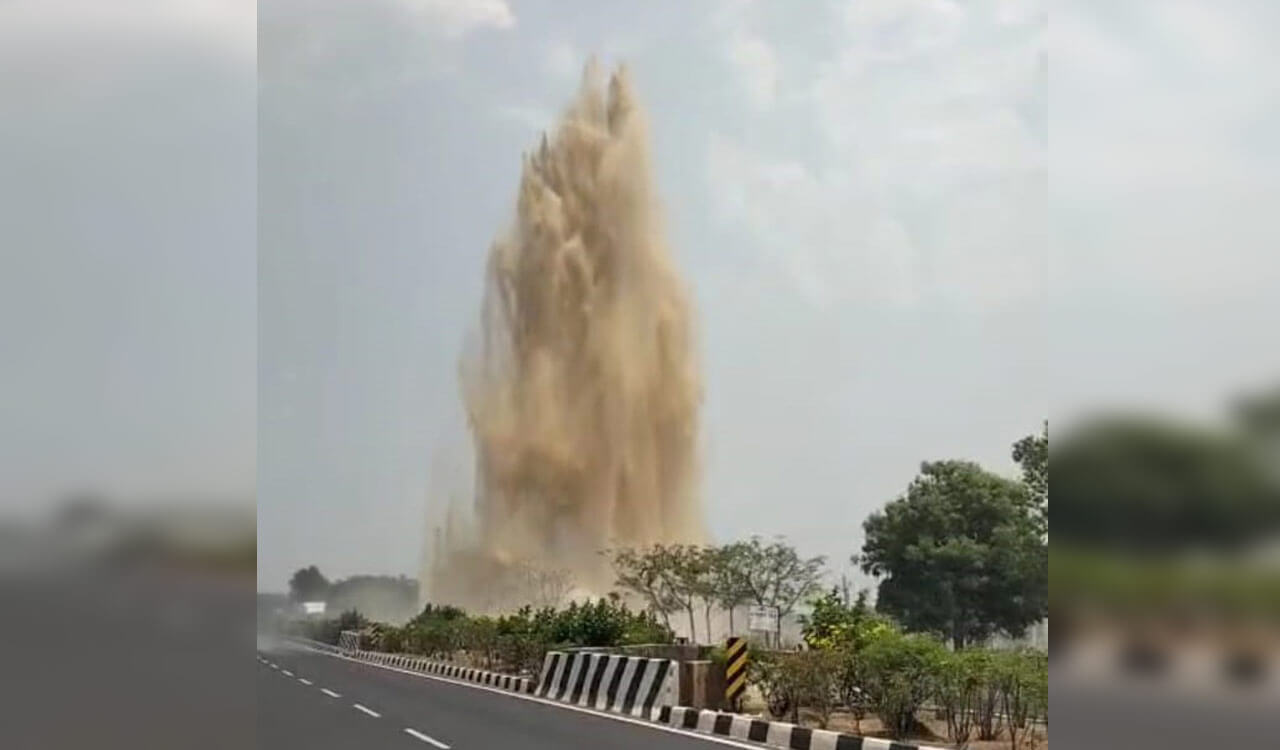
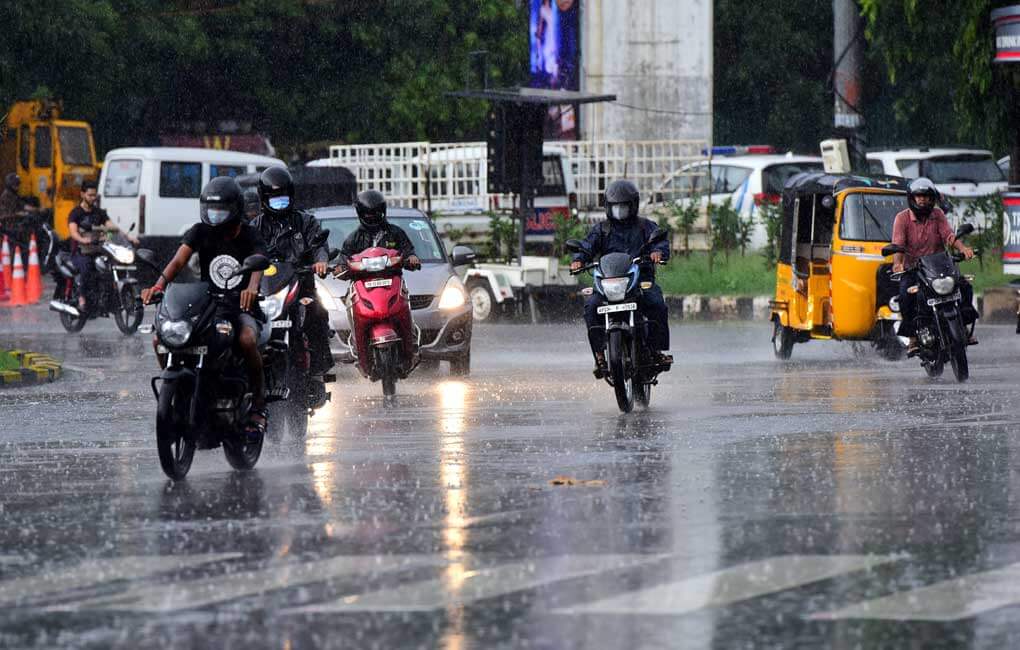
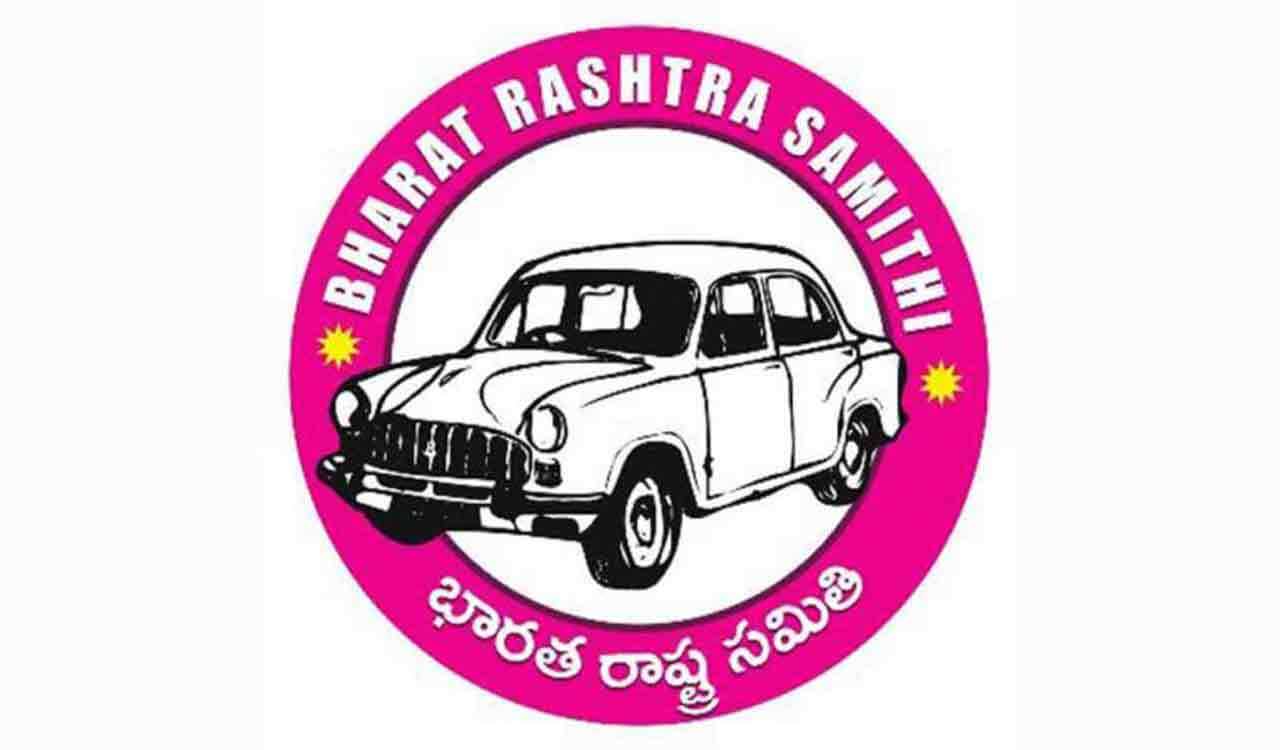
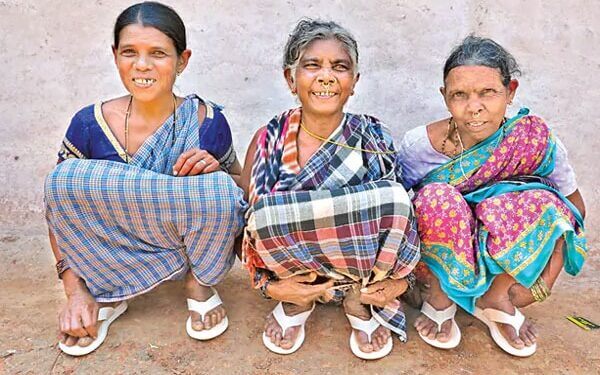
.jpg)
.jpg)
.jpg)
.jpg)

















